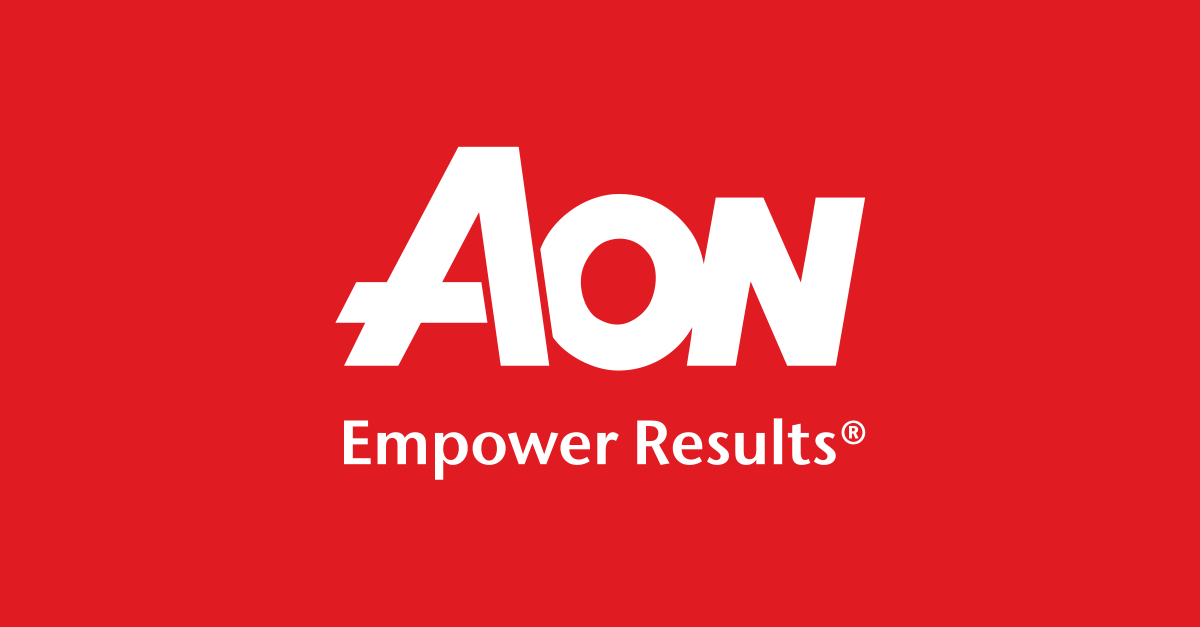At Aon, we wanted to explore the impact of the COVID-19 pandemic on the efficiency of pension scheme decision making and the management of governance budgets. We recently published the findings from our investment research with a range of pension professionals: ‘COVID, climate and compliance – are you ready for the new investment challenges?’ The responses reinforced that clearly articulated investment beliefs and objectives are essential to a long-term investment strategy. The next step is to implement the strategy as efficiently as possible. Aon’s Tony Baily explores what this all means for pension scheme trustees.
The COVID-19 pandemic has had a huge effect on everyone - and pension schemes are no exception. It has been a challenging time for trustees, with governance processes being tested to new lengths. Schemes with nimble decision making, more resources and sufficient resilience built into their investment strategy have fared better. With more schemes now focusing on reaching their endgame, having access to well-diversified and nimbly managed portfolios provides a more stable journey to achieving this objective.
The need for clear strategy
With the economic crisis caused by COVID-19 far from over, the need for a clear strategy becomes more pronounced. For all trustee boards, the primary focus should be agreement on investment beliefs and overall objectives. Having a strong, trusted advisor who can help trustees explore their goals and ambitions while bearing in mind the scheme's specific circumstances, is vital for achieving this. The next step is to determine the most efficient implementation approach, which depends on the remaining governance budget.
Larger pension schemes taking a ‘DIY' approach to managing portfolios typically consider a broader range of investment choices and approaches. Given sufficient trustee time and resources, they should be able to implement their strategy quickly and efficiently.
However, (typically smaller) schemes with relatively limited resources and time constraints do not always have the governance framework to implement quick investment decisions. That is where fiduciary management can help. By using a fiduciary manager, trustees can invest in a more sophisticated and diverse portfolio, with daily oversight and management by investment professionals. A fiduciary manager can transact quickly and efficiently, meaning schemes do not miss out on opportunities to lock-in gains (or to de-risk). During the height of the pandemic, schemes of all sizes struggled with liquidity, rebalancing and cash management. A fiduciary manager can expertly manage all this on trustees' behalf. The pooling of assets under a fiduciary approach can also result in significant cost savings.
"Our view is that trustees should focus on high-level strategic decisions. My experience is that there has been a lot of focus on things that are interesting but don't move the needle. Of course, delegation needs to be framed properly because the trustee board retains accountability. The goals of the investment committee remain the same, but they are seeing the strategic decisions only." Investment professional, large DB and DC scheme
Not an all-or-nothing approach
Fiduciary management does not have to be an all-or-nothing approach. We are seeing more and more schemes review their investment responsibilities to decide which are more efficient to outsource and which are better to retain in-house. The balance will be different for different schemes and this decision will really depend on a scheme's individual circumstances. The good news is that trustees now have access to more choice than ever before. For example, we are finding that even larger schemes are finding it helpful to outsource the implementation of specialist asset classes, enabling them to tap into deep expertise and achieve scale that might not otherwise be achievable. Solutions in Responsible Investing, illiquids and credit have all recently attracted asset flows.
Looking ahead, the outlook is incredibly uncertain, which makes it more important than ever that portfolios are robust and managed flexibly, decisively and speedily. Achieving this takes time, expertise and resources -which many schemes do not necessarily have, particularly in the current environment. Fiduciary management can bridge this gap by delivering an efficient and effective solution, helping schemes to achieve their objectives with more certainty.
"I'm an unashamed fan of fiduciary management. Because it stops meddling. It stops procrastinating, and it stops all the subjectivity that trustees and companies can bring. It brings the buying power, it brings the economies of scale, it enables you to be buying people's best ideas. I don't think it's any coincidence that the schemes I've had that have been in fiduciary have got to a far better place far quicker than the others that haven't. That doesn't mean the traditional model doesn't work, because it does. But it's just harder for it to work." Investment professional, large DB and DC scheme
Author
Tony Baily
Investment Partner, Aon
Disclaimer
This document and any enclosures or attachments are prepared on the understanding that it is solely for the benefit of the addressee(s). Unless we provide express prior written consent, no part of this document should be reproduced, distributed or communicated to anyone else and, in providing this document, we do not accept or assume any responsibility for any other purpose or to anyone other than the addressee(s) of this document.
Notwithstanding the level of skill and care used in conducting due diligence into any organisation that is the subject of a rating in this document, it is not always possible to detect the negligence, fraud, or other misconduct of the organisation being assessed or any weaknesses in that organisation's systems and controls or operations.
This document and any due diligence conducted is based upon information available to us at the date of this document and takes no account of subsequent developments. In preparing this document we may have relied upon data supplied to us by third parties (including those that are the subject of due diligence) and therefore no warranty or guarantee of accuracy or completeness is provided. We cannot be held accountable for any error, omission or misrepresentation of any data provided to us by third parties (including those that are the subject of due diligence).
This document is not intended by us to form a basis of any decision by any third party to do or omit to do anything.
Any opinions or assumptions in this document have been derived by us through a blend of economic theory, historical analysis and/or other sources. Any opinion or assumption may contain elements of subjective judgement and are not intended to imply, nor should be interpreted as conveying, any form of guarantee or assurance by us of any future performance. Views are derived from our research process and it should be noted in particular that we can not research legal, regulatory, administrative or accounting procedures and accordingly make no warranty and accept no responsibility for consequences arising from relying on this document in this regard.
Calculations may be derived from our proprietary models in use at that time. Models may be based on historical analysis of data and other methodologies and we may have incorporated their subjective judgement to complement such data as is available. It should be noted that models may change over time and they should not be relied upon to capture future uncertainty or events.
To protect the confidential and proprietary information included in this material, it may not be disclosed or provided to any third parties without the prior written consent of Aon.
Aon does not accept or assume any responsibility for any consequences arising from any person, other than the intended recipient, using or relying on this material.
Copyright © 2020. Aon Solutions UK Limited. All rights reserved.
Aon Solutions UK Limited Registered in England and Wales No. 4396810 Registered office: The Aon Centre, 122 Leadenhall Street, London, EC3V 4AN.
Aon Solutions UK Limited is authorised and regulated by the Financial Conduct Authority.
Aon Solutions UK Limited's Delegated Consulting Services (DCS) in the UK are managed by Aon Investments Limited, a wholly owned subsidiary, which is authorised and regulated by the Financial Conduct Authority.









